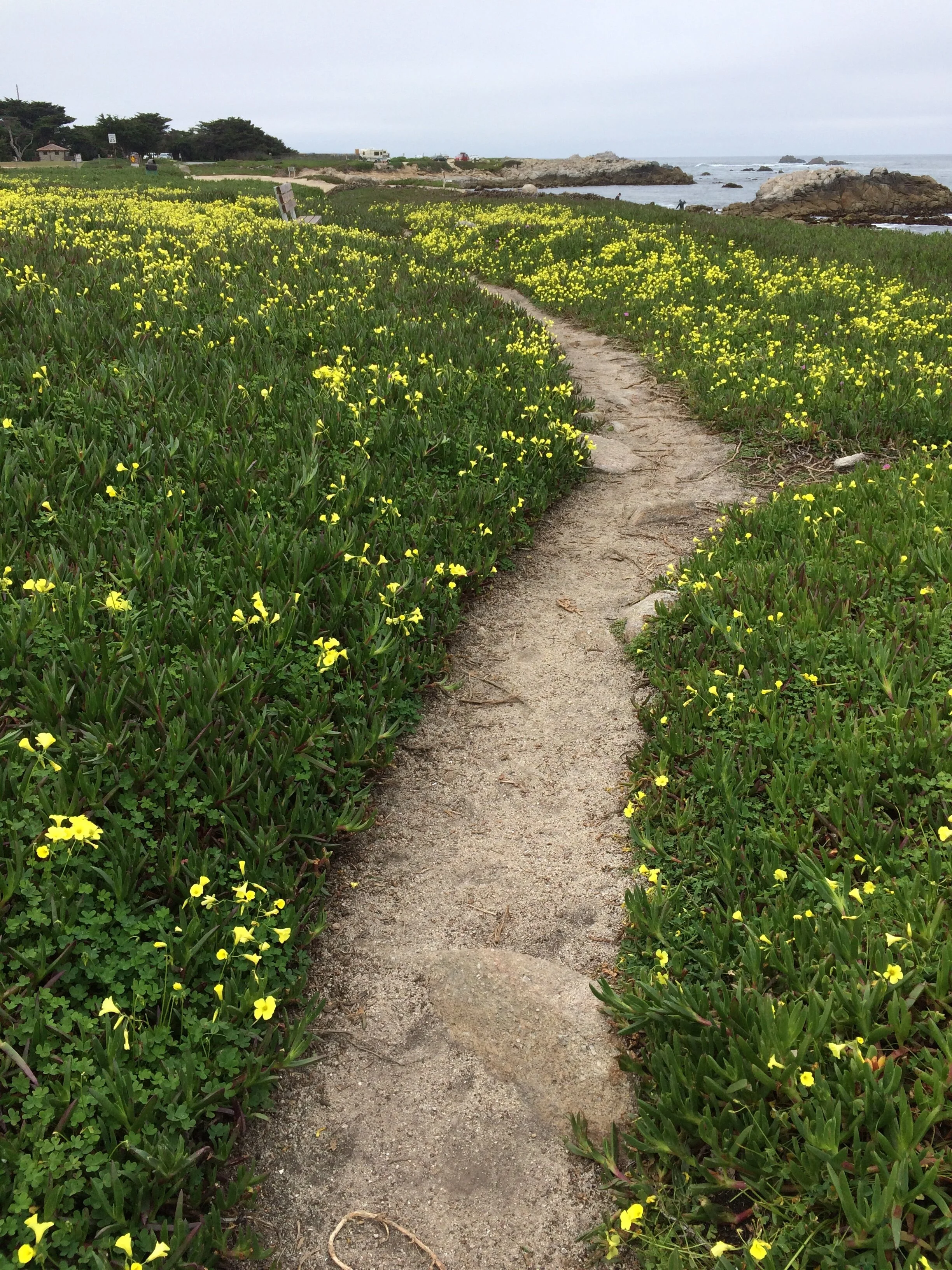Navigating the Fog
The fog rolls in
Creeping steadily
Settling into every corner.
I wrap myself in its misty familiarity
Like tears that pool but don’t come
A blanket of transparent illusion.
A choice weaves itself through the mist
Beckoning, tempting, promising ~
A way out or a way through?
I’ve made this choice a thousand times before
Without the light or a plotted course.
Must I now again decide?
Maybe it is enough to know the mist won’t stay
To know a light will pierce into its depths
Sending prisms amid the droplets
That turn them into a river of beauty
Making the choice once again for me
If I choose to believe and see.
May is Mental Health Month and, once again, I find myself starting out the month with a mission to continue to break the stigma and the fog of mystery that surrounds mental health issues. I do not purport to have all the answers, or even a professional’s knowledge of the subject. But I do have many years of personal experience, 22 years of volunteering in the mental health field, a few certificates, and untold hours of searching for and investigating mental health resources.
Tragically, mental illness is at an all time high. Although much has been done in the last few years to stem the tide, we are still losing the battle on many fronts. There are many theories as to why and as to whom or what is to blame, but theorizing and finding a scapegoat doesn’t save our loved ones from the fallout when mental health resources are unavailable, unproductive, too costly, or worse yet, unknown within the community.
So, what can we do? Or rather, what should we do? While most of us won’t be lobbyists or influential in the larger arena of mental health support systems, we can make a substantial difference right where we are - in our homes, our workplaces, our schools, our places of worship, etc. Sometimes we don’t act because we are unsure of what to do. To that I say, learn what you can, extend a listening ear, and trust your instincts. When I was at my lowest, just having a friend drop off a small bag of goodies or send a card meant a lot. Saying, “I’m not sure how to help, but I’m hear to listen,” opened the door to dropping the stigma and being comfortable enough to share. On the flip side, being able to say to someone, “You know, I’ve gone through something similar. Can I share some thoughts with you?” has allowed someone else the space to open themselves to accepting comfort and possibly seeking help.
Below are some questions to consider, as well as some of my current favorite self-help aides and resources. As always, pat yourself on the back for making your own or someone else’s mental health a priority. Together, one person, one day at a time, we can help to navigate the fog of mental illness and choose to see the beauty beyond the mist.
Contemplation:
What is my current perspective when it comes to mental illness/mental health?
Do I carry a stigma against others or myself concerning mental illness? If so, can I identify the source?
What is on concrete step I can take to become more aware of mental illness this month?
What resources am I aware of in my local community to help with the challenges of mental illness?
Resources:
1) https://theanxioustruth.com/ One of the best podcasts I have listened to on anxiety and corresponding recovery techniques is Drew Linsalata’s “The Anxious Morning” podcast (available by email as well). Just a few minutes, easily digestible, and down-to-earth, this podcast is full of gems! Drew is also an author of 3 books (all currently on my ever-growing “to read” list…)
2) https://recoveryinternational.org/ As a group leader for Recovery for many years now, I can attest to the success of this program. Developed by Dr. Abraham A. Low, considered the founder of CBT (cognitive behavioral therapy) and the Recovery 4-step method, the program relies on the ability of the individual to learn its techniques and to apply them in daily situations. As an adjunct to professional help or as a stand-alone support system, Recovery continues to help thousands of people achieve Better.Mental.Health. Check out their website to learn more about face-to-face meetings, phone meetings, and Zoom meetings (all at no cost!).
3) https://mhanational.org/ Mental Health America, “the nation’s leading community-based nonprofit dedicated to addressing the needs of those living with mental illness and to promoting the overall health of all,” is a powerhouse of resources. Of particular note is their advocacy work “to protect the rights and dignity of individuals with lived experiences”, their work in the public policy sector, and their “The State of Mental Health in America” report (access the 2022 report here https://mhanational.org/issues/state-mental-health-america ) - how does your state rank?
Photo credit: Warren Brannon





